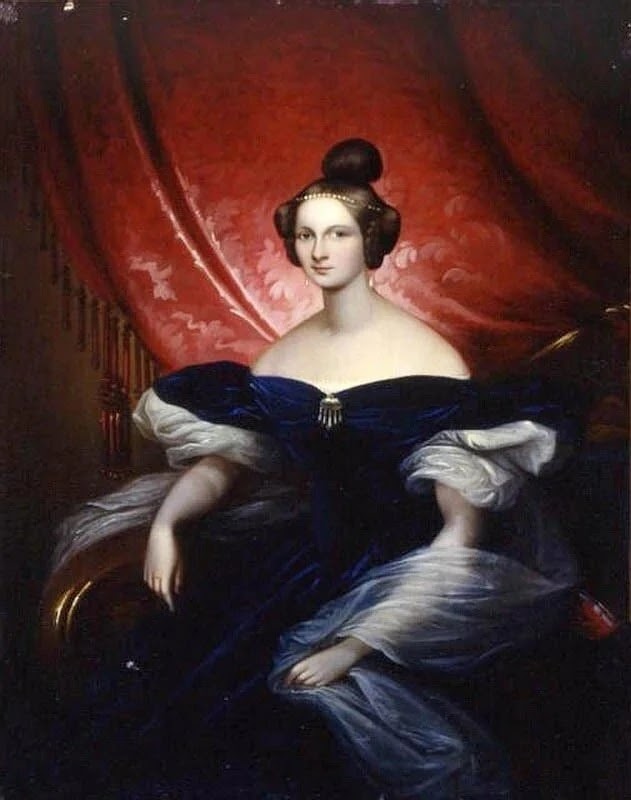Pushkin's fashion. Ball gown sleeve with a strange name "BERET"
In the late 1820s, an interesting sleeve came into fashion, which was called the "beret". If you look at it closely, everything becomes clear. This puffy, flattened sleeve really looks like a beret worn by ladies on their heads.
How and why did such a sleeve appear?
In the mid-1820s, the waists of women's dresses returned to their natural place. At first, skirts were not wide, and the sleeves of ballroom and open evening dresses were “lanterns”.
And then the sleeves and skirts began to expand.
It seems that the sleeves even outstripped the skirts in their growth.
And fashion designers invented the beret sleeve, which replaced the flashlight.
“The “beret” sleeve for evening dresses (1829-1835) was cut as a full circle with a slit on one side for the passage of the arm; the other side gathered in the armhole, but remained flat under the armpit. It could require a stiff lining and was often topped with a frill or "winglet". (Joanne Nunn. Costume Story)
That is, the beret sleeve pattern was a large circle with a hole in the middle. By 1834, the sleeves and skirts of ball gowns had become quite puffy. Hats, by the way, too.
The sleeve "takes" already sags under its own weight. And it becomes very wide.
In the portrait of Grand Duchess Elena Pavlovna of 1836, we see huge sleeves covered with the same huge “wings”.
This is the “swan song” of the sleeve “takes”.
Biedermeier fashion has reached some absurdity. Soon it will change, and a new fashionable era will begin.
1. Charles Boulanger de Boisfremont. Portrait of Countess Emilie Sommarive Seyer, 1833
2. Luis de la Cruz. Maria Christina de Bourbon of Sicily, 1831
3. Joseph Karl Stieler. Portrait of Baroness Amalia Krüdener, 1828.
4. Franz Xavier Winterhalter Portrait of a woman, early 1830s.
5. Grand Duchess Elena Pavlovna Portrait from the original by Timothy Neff, 1836.









No comments:
Post a Comment